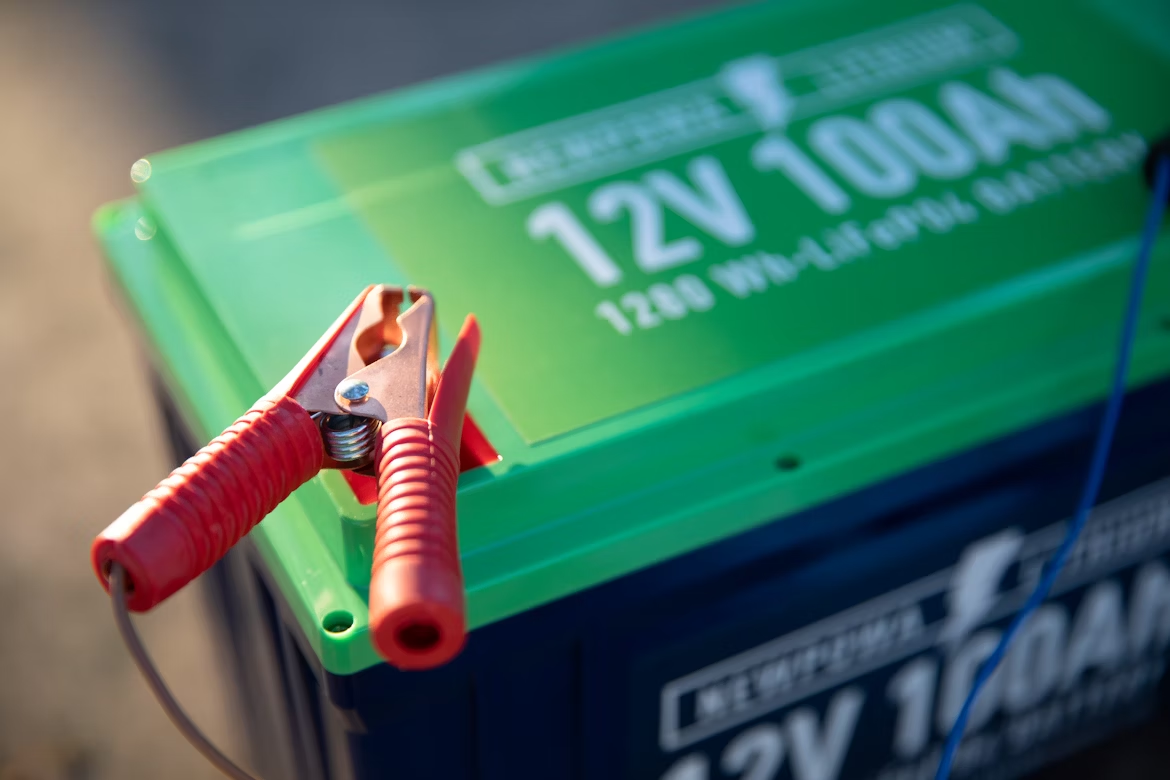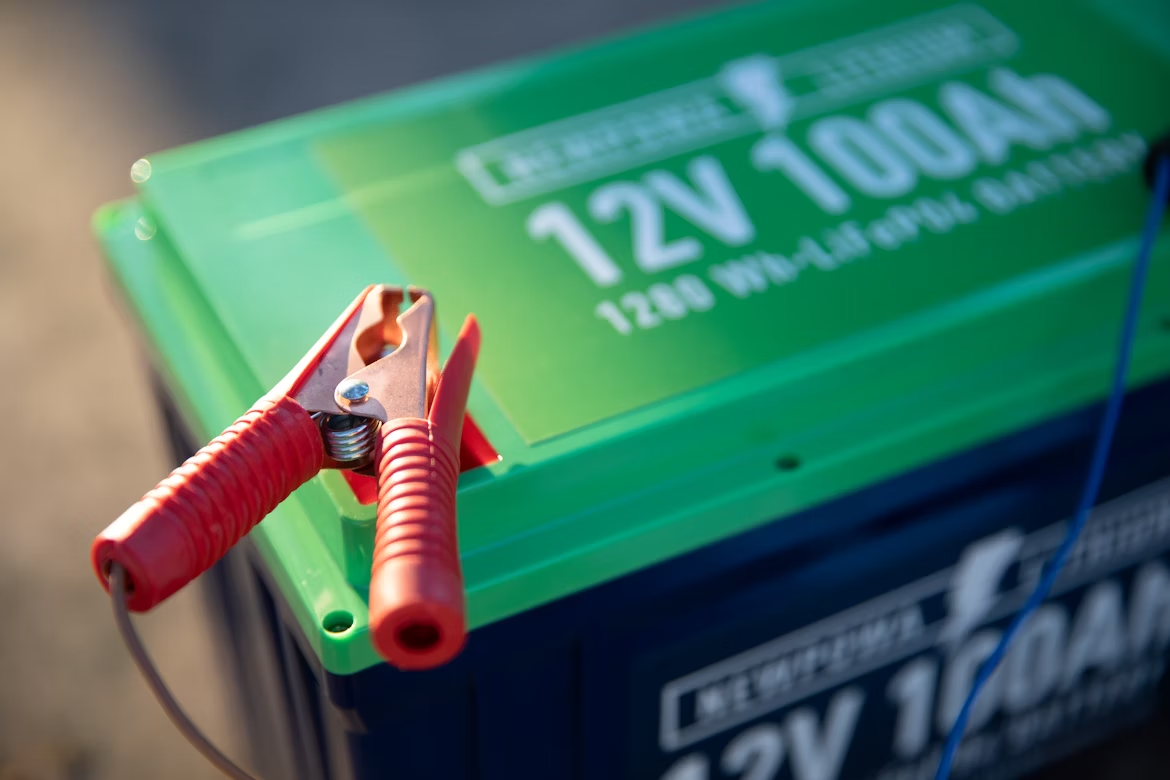As environmental awareness grows, drivers everywhere are becoming more conscious of how their choices impact the planet. One area where responsible action is crucial is the disposal of automotive batteries, which contain hazardous substances that should never be disposed of in landfills or waterways. By embracing environmentally friendly battery disposal practices, you contribute directly to cleaner air, safer water, and a healthier local community. For those searching for reliable Philadelphia, PA auto services, understanding proper battery recycling and disposal is just as crucial as any routine vehicle maintenance.
When it comes to caring for your vehicle and the planet, your choices matter. Improper battery disposal can harm local ecosystems and result in significant fines or penalties. Schafer’s Auto Center is dedicated to educating families about responsible automotive care. By prioritizing eco-conscious disposal, you not only meet legal requirements but also show your commitment to protecting the environment for current and future generations. Let us guide you through the most effective steps for responsibly handling used vehicle batteries.
Recognize Hazardous Battery Components
Most car batteries contain lead, acid, and other toxic chemicals that pose a serious risk to both people and wildlife. Failing to acknowledge their hazards can result in accidental leaks, chemical burns, and contamination of ground and water supplies. The lead within traditional batteries is highly toxic and does not naturally break down. The electrolyte acid is corrosive and can cause severe damage to any material it comes into contact with. Understanding these dangers prompts drivers to handle batteries with care, using gloves and eye protection where appropriate. It ensures that expired batteries are relocated adequately to recycling or collection centers. This awareness is the foundation for all other responsible disposal habits.
Choose Authorized Recycling Centers
The safest place for used automotive batteries is an authorized recycling center. These facilities are equipped to safely process hazardous components and recover valuable materials, such as lead and plastic, which can be reused in manufacturing. Dropping off batteries at these locations ensures they will not enter the municipal waste stream or end up in uncontrolled dumps. Most reputable recycling centers will also provide information on safe handling and may even offer a small rebate as an incentive. Always confirm that your selected location is certified to handle automotive batteries before making the drop-off, ensuring that everything is managed in accordance with environmental regulations.
Utilize Retailer Take-Back Programs
Many automotive supply stores, car dealerships, and battery retailers are required by law to accept old vehicle batteries when a replacement is purchased. These take-back programs ensure batteries are properly collected and transferred to recycling operations. When planning a battery change, contact your retailer to confirm their policy and take advantage of these accessible services. This practice is both convenient and widely supported, making it easy for everyone to participate in reducing waste. Often, proof of purchase is sufficient, and some stores may even offer discounts for recycling on-site, encouraging responsible behavior in the community.
Separate Battery Types For Safe Handling
Automotive batteries come in several varieties, including lead-acid, AGM, lithium-ion, and nickel-metal hydride. Mixing battery types during disposal can cause hazardous chemical reactions or complicate the recycling process. Always sort batteries based on their chemistry and label any unfamiliar batteries if possible. Many recycling services request specific categorization to streamline safe processing. By properly sorting and identifying used batteries, you actively contribute to safer recycling centers and more efficient recovery of reusable components. In some cases, different battery types require unique processing techniques, making your attention to separation essential for faithful environmental stewardship.
Avoid Illegal Dumping At All Costs
Abandoning used batteries in trash bins, vacant lots, or public spaces is illegal and can inflict long-lasting harm on your local neighborhood. Illegal dumping leads to severe soil and water pollution, endangers public health, and results in costly cleanup efforts. The penalties for such actions can be substantial, including steep fines and even criminal consequences. Prioritize ethical disposal at authorized facilities and educate your friends, family, and neighbors about the long-term risks associated with improper battery disposal. Small, responsible actions today are essential to a cleaner, safer environment for everyone tomorrow.
Store Old Batteries with Caution Before Disposal
If you cannot bring your used battery to a recognized recycler immediately, store it in a cool, dry place away from direct sunlight, open flames, and sources of moisture. Place the battery on a non-metallic surface, such as cardboard or wood, to prevent electrical discharge or corrosion. Ensure the battery is kept upright to prevent electrolytes from leaking out. Check the unit for signs of damage or swelling, as these conditions pose added risk. Proper temporary storage safeguards your family and home from hazardous spills and accidental exposure while you arrange for safe and legal removal.
Educate Your Community and Advocate for Sustainability
Responsible disposal extends beyond your own actions. Sharing information with neighbors, friends, and local organizations helps reinforce positive habits throughout your community. Participate in or start local collection drives, share facts about battery recycling on social media, and encourage others to seek out safe disposal options. Simple conversations can lead to larger, coordinated efforts to prevent hazardous waste from entering landfills and protect nearby waterways and green spaces. By making environmentally responsible disposal a shared value, you help build a more sustainable future for everyone.
Properly disposing of batteries protects your family, the community, and the environment from dangerous exposure to hazardous materials. By practicing these seven steps and supporting accessible battery recycling, you make a lasting difference. We care about every aspect of automotive safety and responsibility. If you have questions or need expert help, contact Schafer’s Auto Center to learn more about eco-friendly automotive care. For comprehensive guidance in Philadelphia, PA auto services, let us support your efforts to safeguard the planet today.




